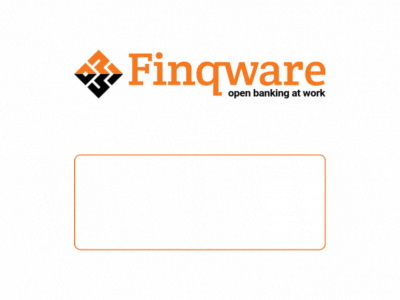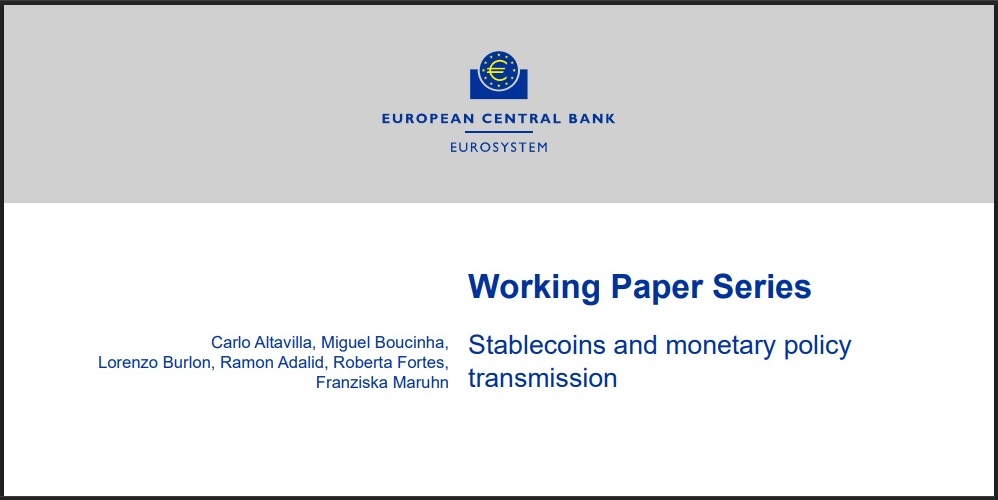UK – Open Banking adoption in lending set to hit 70% in next two years

Credit Kudos latest research report, Lender Insights, found that one in four lenders (26%) now use Open Banking technology, with 51% of those who haven’t yet used the technology planning to do so in the future. Nearly nine in ten (87%) of those say they plan to adopt it within the next two years, meaning that by 2023, seven in ten lenders (70%) overall are expected to be using Open Banking.
The report demonstrates the seismic impact of the COVID-19 pandemic on lenders’ appetite to invest in technology that gives them a comprehensive view of a borrower’s financial situation to enable better lending decisions – including affordability and creditworthiness.
The impact of the pandemic on lenders’ ability to operate as usual was profound. The report shows that around eight in ten (78%) lenders changed their rules about who they could lend to in the pandemic. Almost half (46%) of these lenders changed their policies because it was too difficult to verify borrowers’ income, for reasons including furlough and redundancies.
With 11.7 million people furloughed at some point during the pandemic, and unemployment at 5.2% in Q4 2020, more than a third (36%) of lenders changed their lending rules in order to avoid those deemed ‘higher risk’ customers during a period of huge uncertainty. This meant that lenders were missing out on new business, with 30% of those who changed lending policies during COVID-19 experiencing a loss of revenue from new customers.
30% of lenders saw an increased need for new data sources. Nearly half (47%) of all lenders surveyed believe that Open Banking could help their organisation save time and cut the cost of credit decisioning in the future.
„The colossal impact of COVID-19 on the nation’s finances was felt by all. In times like these, individuals and businesses look to their financial partners for support, but without up-to-date, accurate information on borrowers’ financial situations, many lenders struggled to continue to lend as they could previously. Open Banking technology is helping lenders to move beyond the limitations of traditional credit data and open the door to better financial behavioural data, all of which creates more rounded assessments, increased acceptances and reduced defaults.” said Freddy Kelly, CEO and Founder Credit Kudos.
„COVID-19 caused a lot of worry across both the consumer and SME lending sectors, and many lenders went into survival mode, increasing credit score cut offs and pulling higher risk product ranges. Thanks to various factors, including government schemes, increased vaccine roll-out, and the return of consumer confidence, both the consumer and SME lending sector have nearly returned to pre-pandemic norms and in some cases have pushed risk beyond these levels. But stability has not lasted long – already we’re seeing further COVID-19 and geopolitical volatility, and it is my view that we should not expect any less of a challenge during 2022 then we did in 2021. Periods of volatility such as this is when Open Banking insights become even more valuable for lenders, going beyond traditional credit bureau data to give a real-time feel of consumer and SME behaviours.” said Stuart Mogg, Associate Partner EY.
To read the full report visit here. The report examines the state of play for UK lenders, Open Banking adoption and the benefits and perceived challenges of new data.
Dariusz Mazurkiewicz – CEO at BLIK Polish Payment Standard
Banking 4.0 – „how was the experience for you”
„To be honest I think that Sinaia, your conference, is much better then Davos.”
Many more interesting quotes in the video below:












